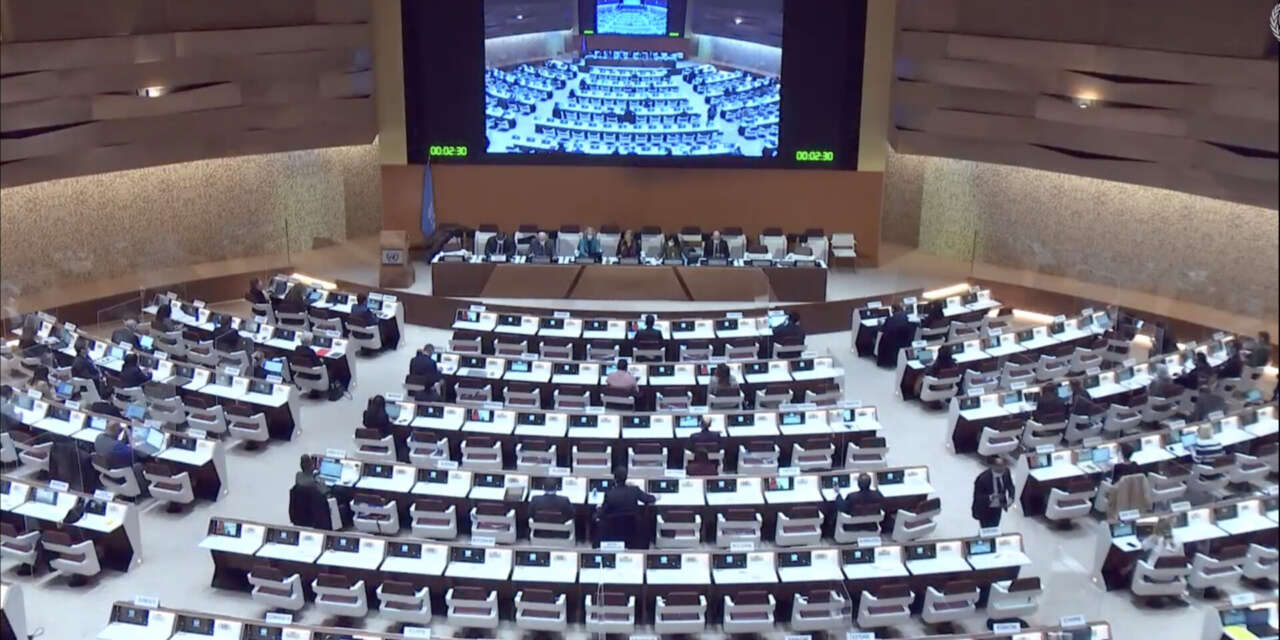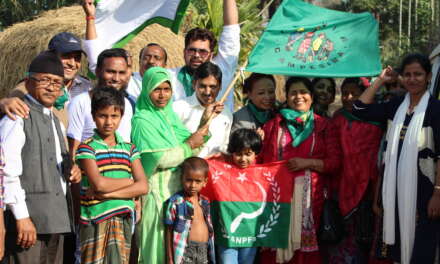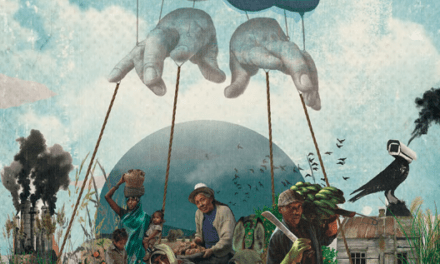Copy to: UN Member States
Dear Mister Chair, Your Excellency Ambassador Emilio Izquierdo,
This Open Letter is being sent to you by the Global Campaign to Reclaim People’s Sovereignty, Dismantle Corporate Power and Stop Impunity, a large coalition of more than 200 social movements, affected communities and other civil society organizations. As you know, since 2014, we have been engaged in the OEIGWG, advocating for the elaboration of a UN legally binding instrument to regulate the activities of TNCs that will ensure the creation of effective mechanisms of access to justice for those affected by corporate misconduct in relation to human rights violations.
We have arrived at a critical stage of this historical process. Under your lead, we will soon negotiate a fourth revised draft treaty. The affected communities are eager to see this process resulting in a robust UN Binding Treaty worthy of its name.
Apart from deep concerns in terms of the content of the current draft, that could compromise the effectiveness of the treaty – and that are distancing the process from its original mandate as established by the Resolution 26/9 – we would like to express our concerns about other particular aspects in the current stage of the process.
During the presentation of the report in the 7th session at the 49th session of the Human Rights Council (16 March 2022), we were deeply surprised and concerned to hear you putting so much emphasis on the importance of voluntary norms. It cannot be ignored that these norms have already proven their inefficiency in tackling corporate violations and impunity. What is more, during the last session of the OEIGWG, practically all States and actors highlighted and agreed on the need to elaborate binding norms. This discourse that places voluntary standards at the center of the debate is unacceptable in that it promotes a demobilization around the need to elaborate a legally binding international treaty on TNCs and human rights.
Moreover, during the 7th session of negotiation, you announced the creation of a Group of Friends of the Chair. This new procedural element will have considerable implications in the next steps of the process. In fact, it seems that this group of States will have quite a degree of power in important upcoming decisions, in particular in terms of content and seeking the needed compromise text reflecting a common ground. In light of this, we call upon you:
- to ensure that the process of nomination of the members of the Group and the functioning of the latter is done in full transparency;
- to make sure that the nomination of the members is made in according with the role that these countries have been playing in the negotiation process. In that sense, the “friends of the Chair” should also and foremost be the “friends of the process”, and not detractors of the latter;
- to create the necessary mechanisms of coordination and articulation between the Group of Friends of the Chair and civil society organizations, as established in the Conclusions and Recommendations of the 7thsession of the OEIGWG. CSOs must be connected to the work of said Group and be able to feed its contributions to the deliberations.
Finally, Mr. Chair, let us remind you that the Resolution 26/9 is very clear about the objectives that reunite us all here. We urge you, as well as the future Group of Friends of the Chair, to respect this and put the process again on its rightful track. This is your responsibility as Chairman of the Working Group. The democratic character of the latter depends on it.
We thank you in advance for your consideration and we are open to engage with you and your Mission to discuss about these key issues for the upcoming steps of this historic process.








![[IN PHOTOS] In Defense of Human Rights and Dignity Movement (iDEFEND) Mobilization on the fourth State of the Nation Address (SONA) of Ferdinand Marcos, Jr.](https://focusweb.org/wp-content/uploads/2025/07/1-150x150.jpg)

